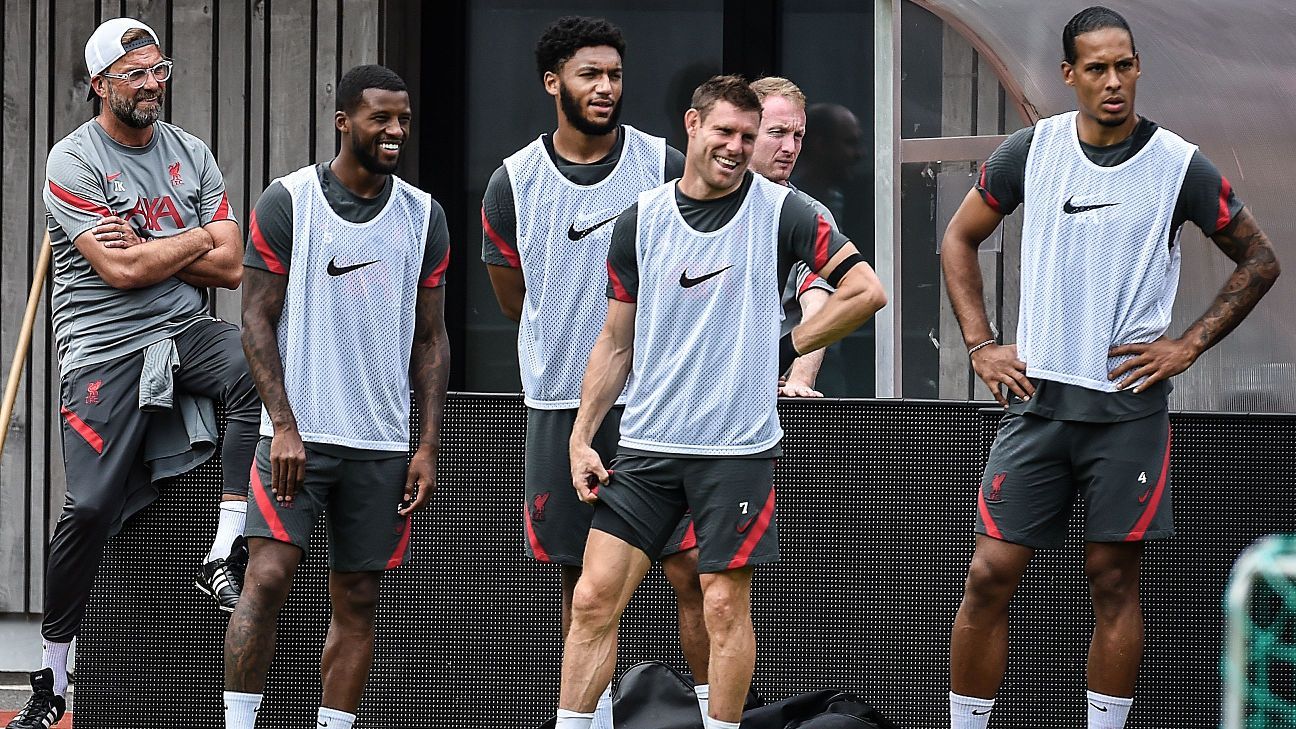Products You May Like
It’s finally over. As Bayern Munich captain Manuel Neuer lifted the European Cup following the German club’s Champions League final victory over Paris Saint-Germain in Lisbon on Sunday, the 2019-20 season reached its delayed conclusion. Or so it seemed, anyway.
Supporters of Spanish club Elche would argue that their 1-0 victory over Girona in the second leg of their Segunda Division promotion play-off — a win that secured promotion to La Liga — was the true postscript at the end of the longest football season in history, with their game ending just over an hour after Bayern claimed their sixth Champions League title. In a sense, the 2019-20 season really couldn’t have ended any other way, with one final piece of unfinished business to take care of when the circus was being packed away elsewhere. That Elche secured victory, and promotion, with a goal six minutes into stoppage time was apt, with uncertainty stretched out to the very last kick of the campaign.
But now it really is over. It all started back on June 25, 2019, when Andorra’s FC Santa Coloma defeated San Marino’s Tre Penne 1-0 in the Champions League preliminary round semifinal. Back then, nobody could have envisaged the chaos and upheaval that would follow in the months ahead, with a global pandemic putting life on hold, refocusing priorities and relegating football, along with all other sports, to insignificance.
– Stream ESPN FC Daily on ESPN+ (U.S. only)
– Don’t have ESPN? Get instant access
– UCL is Odriozola’s FIFTH trophy of 2019-20 in TEN games
A total of 426 days separated the first kick of the season from the last, but that it was able to be played out to a conclusion still seems remarkable considering the impact COVID-19 has had on society across the globe. Supporters have, of course, been absent from stadiums (with the odd exception) pretty much since lockdowns began to be imposed in March, and we’re still only seeing tentative steps towards their return in the weeks and months ahead.
La Liga, the Bundesliga, Serie A and the Premier League all played their seasons to completion in empty stadiums, with UEFA also wrapping up the Europa League and Champions League behind closed doors in Germany and Portugal, respectively. But Euro 2020 was postponed in the hope it can be staged next summer instead, in the manner it was intended.
Many voices criticised the return to action. Some were footballers, who questioned the morality and safety of getting back on a pitch during a health crisis. Danny Rose, on loan at Newcastle from Tottenham at the time, said players were being treated “like lab rats.”
France, the Netherlands, Belgium, Scotland and others cancelled their football seasons, and there were calls for the biggest leagues to null and void their league campaigns and avoid the risk of re-starting. But the German Bundesliga was the first to return and the rest followed, with precious few incidents of alarm as seasons were restarted across Europe. And although many doubted plans laid out by the various leagues and governing bodies — at one stage, it seemed impossible teams would be able to fly to other countries to finish the European competitions — the game’s leaders deserve credit for navigating a path to conclusion.
While the 2019-20 season will ultimately be remembered for the disruption caused by the coronavirus and the measures imposed to get it finished, the achievements on the football pitch should not be brushed to the margins. Liverpool ended a 30-year wait to be crowned champions of England, sealing the title with an 18-point winning margin, while Marcelo Bielsa guided Leeds United to the EFL Championship title and ended the club’s 16-year absence from the Premier League.
Bayern won their eighth successive Bundesliga title, while Juventus made it nine in a row in Italy. Real Madrid won their first title since 2017 under Zinedine Zidane. Bayern forward Robert Lewandowski ended the season with his first Champions League winner’s medal after scoring 55 goals in 47 games in all competitions, but with the Ballon d’Or award being cancelled this year due to the pandemic, the Poland international will miss out on the chance to claim that personal award.
Romelu Lukaku also had a stellar season in front of goal, with the Belgian’s haul of 34 for Inter Milan equalling the mark set by Ronaldo during his first season with the club back in 1997-98. The former Manchester United striker’s tally could not secure silverware for Antonio Conte’s team, though, with Sevilla beating Inter in the Europa League final to claim their sixth success in the competition.
But while the 2019-20 season will go down as football’s longest, the 2020-21 campaign is likely to be the most congested. The Premier League, Bundesliga, Serie A and La Liga are all due to start in mid-September, with the rescheduled Euro 2020 next June ensuring that all top-flight leagues must be finished by the end of May. The Champions League and Europa League also return in October, with six group match-days set to be crammed in before mid-December.
It will be a long slog, with COVID-19 and its unknown impact in the months ahead still casting a shadow over the game. We may not see full stadiums in 2020-21, and nobody can say for certain that Euro 2020 will be the carnival it was expected to be. But when Liverpool face Arsenal at Wembley on Saturday in the Community Shield, it will all start up again, just six days after the last season ended.
It is little more than a pit-stop between seasons, but that’s the reality that football has to accept in 2020-21.
